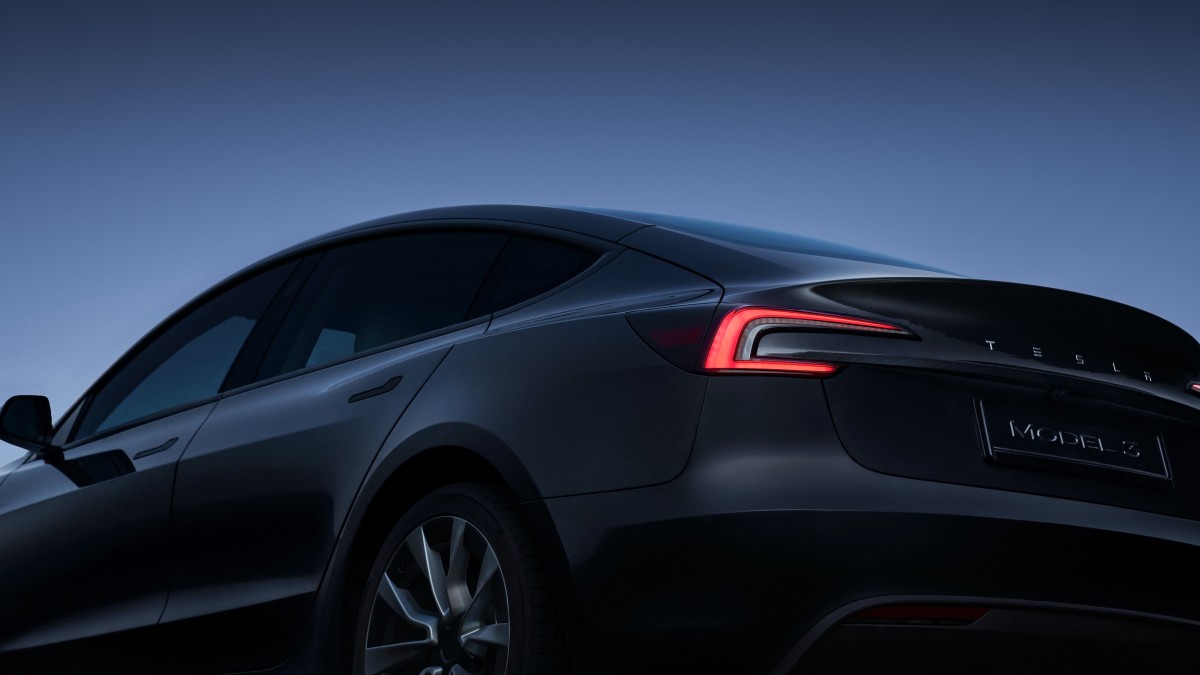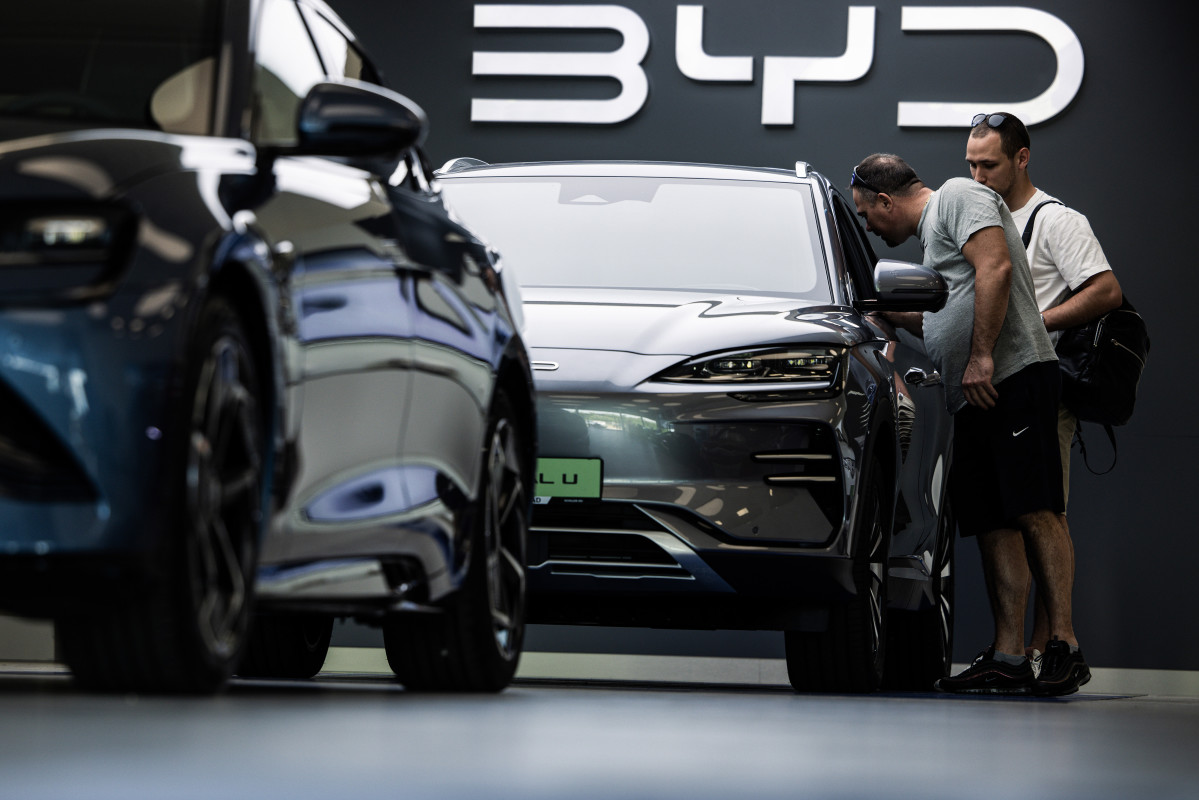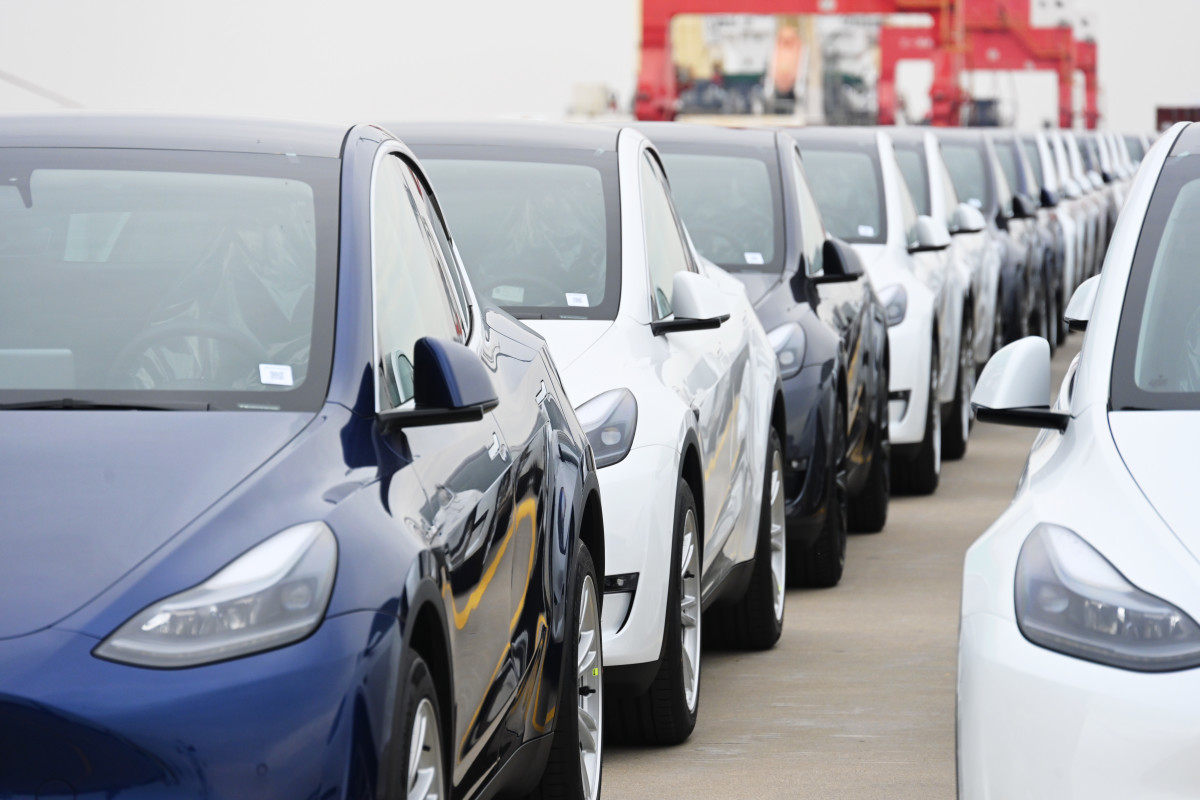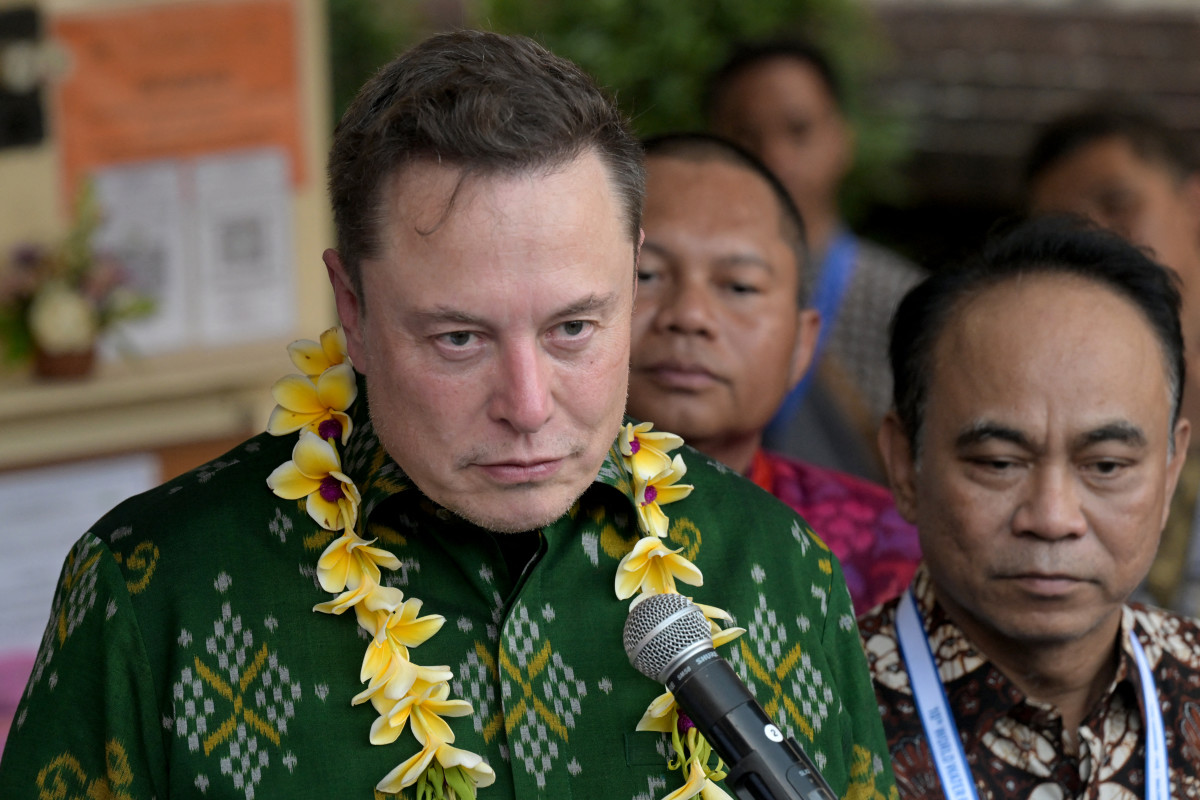
The European Commission announced early June 12 that, starting on July 4, Chinese EVs imported into the EU will face additional tariffs of up to 38.1%.
The new tariffs are on top of an existing 10% duty on imported cars, but not every automaker from the People's Republic will bear the full brunt.
Related: Consumers prefer this sound from quiet electric vehicles

The "sliding scale" of tariff rates rests on automakers' cooperation with the Commission's investigation. In October 2023, Chinese companies like BYD, Geely and SAIC were asked to submit documents that indicate how exactly much the Chinese government was financially assisting them.
Based on their findings, the three sampled companies — BYD, Geely and state-owned SAIC were given individual tariff rates. Vehicles from BYD are subject to a 17.4% tariff, while Geely vehicles, including Volvo and Polestar models made in China gets a 20.1% tariff. SAIC, the current owners of British heritage brand MG, will face the maximum 38.1% tariff.
Automakers who refused to cooperate and submit the relevant documents for review in the investigation will face the maximum 38.1% rate, however those that have cooperated, but have not been reviewed yet, are subject to a "weighted average duty" of 21%.

According to a European Commission document, the companies waiting include state owned Chery, Dongfeng and FAW, Stellantis-linked (STLA) Leapmotor, Nio and Tesla Shanghai — the Chinese operations of the Elon Musk-led automaker.
Currently, Tesla's Shanghai Gigafactory makes the Model 3 and Model Y for the Chinese domestic market, with some cars exported to other regions, including the EU.
According to a press release by the European Commission, Tesla may receive an "individually calculated duty rate" — a rate that may be lower than the currently imposed 20.1%, at the definitive stage of the investigation, which is expected to be November 2.
The Commission notes that Tesla's rate is the result of a "substantiated request," and that other automakers producing in China not selected in the final sample can ask the Commission for an "accelerated review" of a company's particular situation in the hope of a better deal.
More Business of EVs:
- New study suggests EVs are supercharging an impending environmental crisis
- GM President has bold plans for an iconic sports car's EV resurrection
- Ford CEO says this iconic model will "never" be an EV
Related: Apple unveils new CarPlay features drivers will cheer
A measure that some didn't ask for

Related: Elon Musk's latest flip-flop exposes a trend of 'going soft' on China
The EU tariffs come weeks after U.S. President Joe Biden announced sweeping 100% tariffs on Chinese EV imports, along with a slew of goods related to renewable and clean energy.
Some auto executives whose businesses had close links or significant sales numbers in the People's Republic were very vocal about the subject. Elon Musk for instance, said that he's against any measures that "distort the market."
"Neither Tesla nor I asked for these tariffs, in fact I was surprised when they were announced," Musk said at the VivaTech conference in Paris on May 23. "Things that inhibit freedom of exchange or distort the market are not good."
“Tesla competes quite well in the market in China with no tariffs and no deferential support. I’m in favor of no tariffs."
However, his comments were a complete 180-degree turn from what he said during Tesla's Q4 earnings call on Jan. 24, where he called Chinese car companies "the most competitive car companies in the world."
"I think they will have significant success outside of China depending on what kind of tariffs or trade barriers are established," Musk said. "Frankly, I think if there are not trade barriers established, they will pretty much demolish most other companies in the world."
Related: Veteran fund manager picks favorite stocks for 2024







